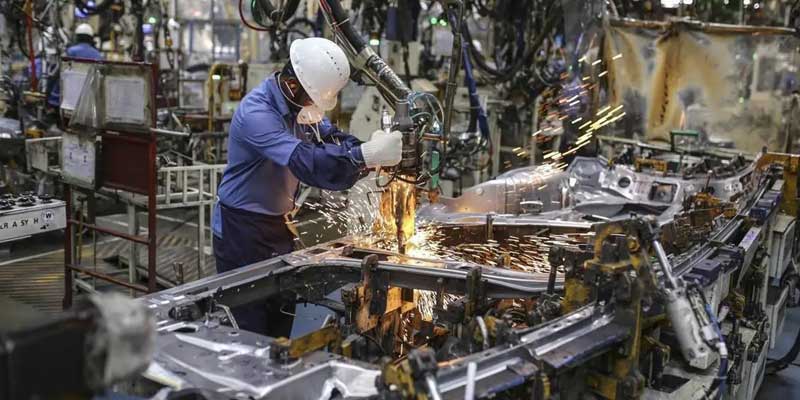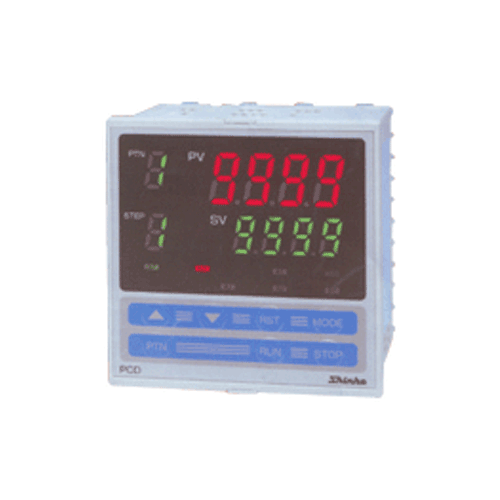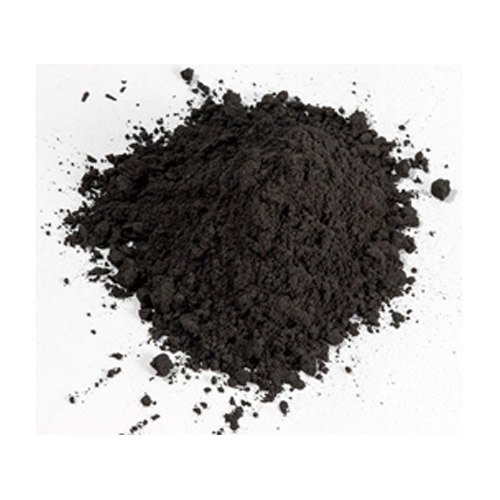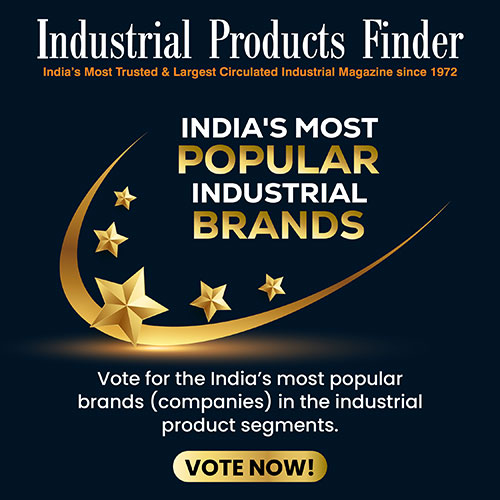Schedule a Call Back
Increased scrutiny by US FDA: A boon or bane Indian pharmaceutical sector
 Industry News
Industry News- Jun 26,24
Related Stories
Indian pharmaceutical industry to expand by 9%; surpass $70 billion by FY27
Between FY13 and FY18, Indian pharma companies faced severe regulatory challenges that adversely impacted their operations and ability to launch new products in regulated markets.
Read more
How to build India’s global manufacturing capabilities?
The Indian manufacturing sector stands at a critical juncture, with several opportunities arising from global shifts and local initiatives. But to take advantage of this evolving market, Indian manu..
Read more
Manufacturing Agenda for Modi 3.0
As Prime Minister Narendra Modi assumes office for the third term, his immediate priority will be to step up GDP growth and job creation. While the coalition government may not be able to take progr..
Read moreRelated Products

Programmable Controllers - Pcd-33a Series
Pro-Med Instruments (P) Ltd offers a wide range of programmable controllers - PCD-33A Series.

Gasket Graphite Powder
Arihant Packing & Gasket Company offers a wide range of gasket graphite powder.
Asahi Kasei expands 3D printing filament sales in North America
Asahi Kasei, a leading resin and compounding technology provider, has initiated the sales of 3D printing (3DP) filaments in North America through Asahi Kasei Plastics North America (APNA). The soft la Read more












